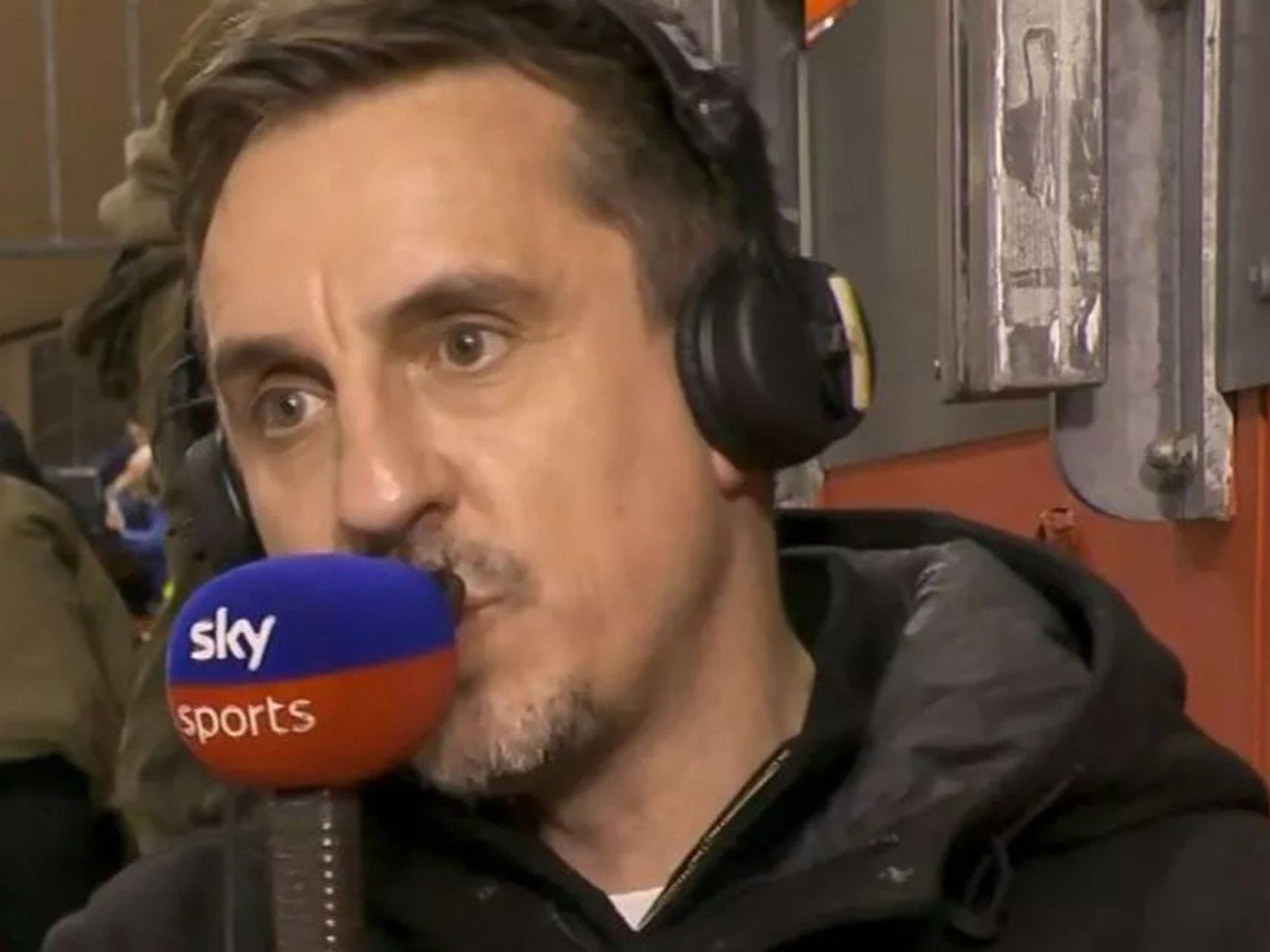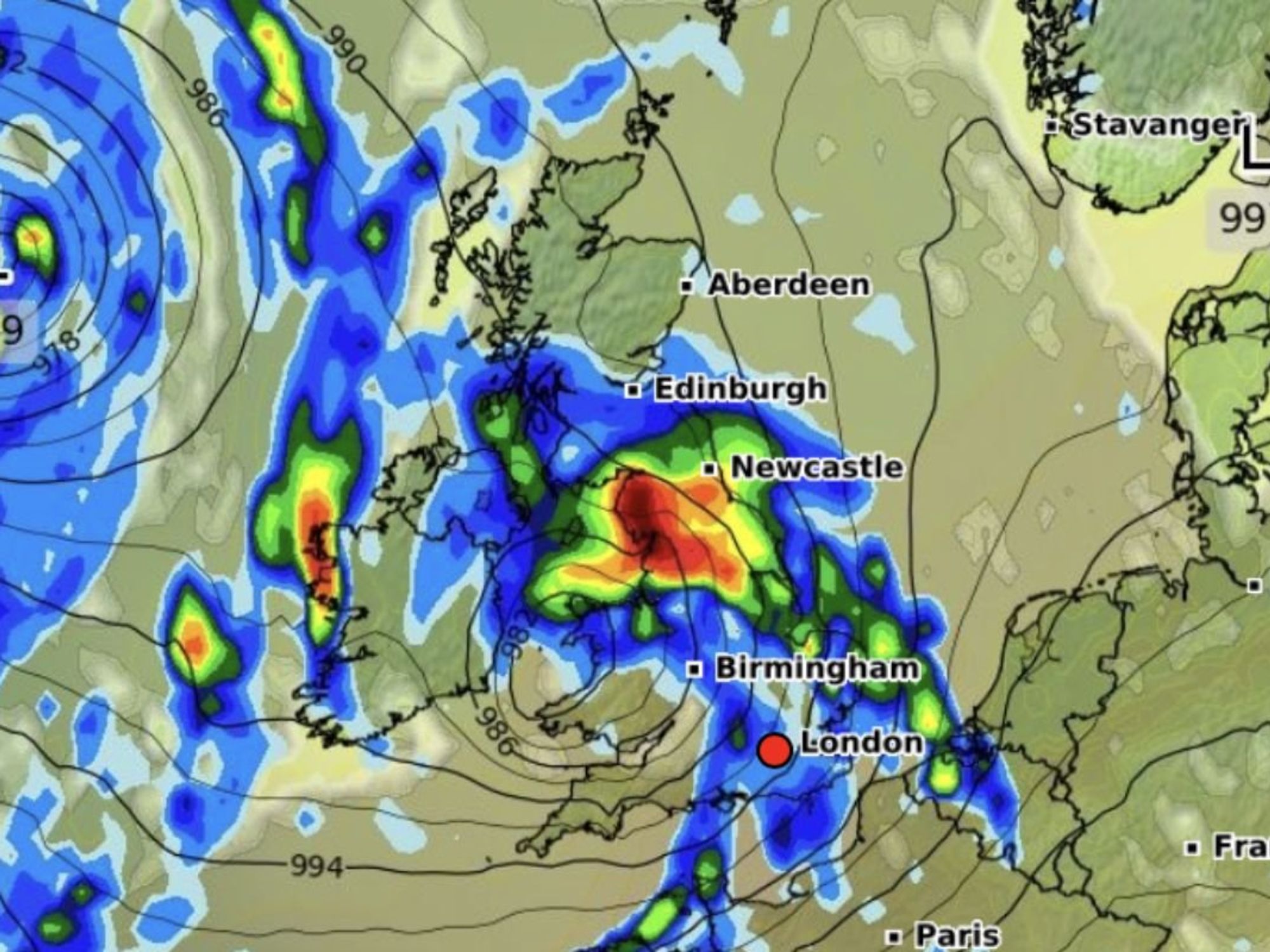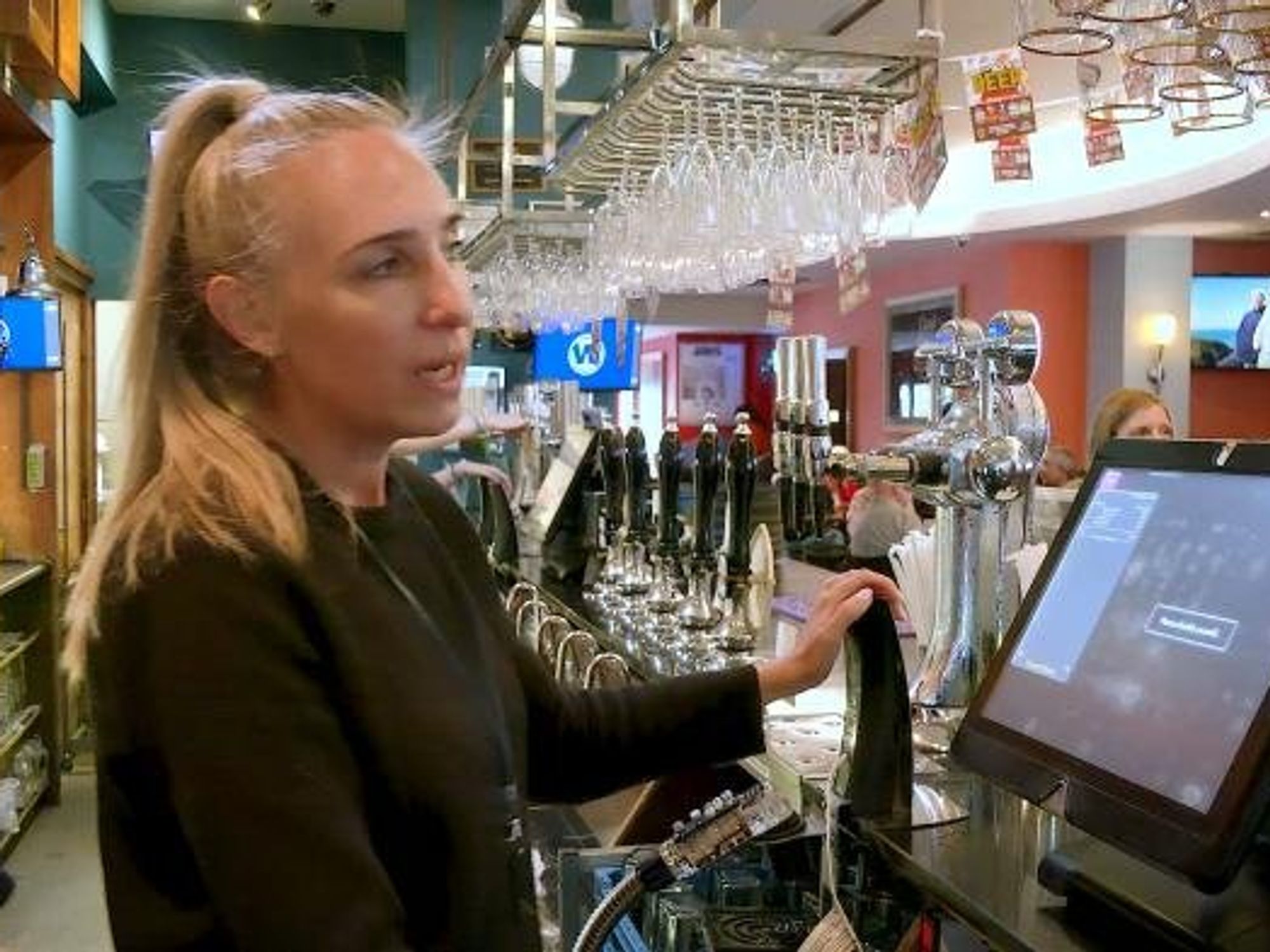Smart motorways could disappear amid 'major concerns' about 400 vehicle breakdowns a day

'The situation does not appear to be getting any better'
Don't Miss
Most Read
Experts are calling for smart motorways to be axed after new data found that they have a vehicle breakdown rate nearly three times higher than conventional motorways.
National Highways statistics reveal that 56 per cent of breakdowns logged on England's motorways last year happened on smart motorways, despite making up just 20 per cent of the total motorway network.
Smart motorways are designed to increase capacity at a lower cost than widening roads by converting the hard shoulder into a live running lane.
There have been long-standing safety concerns after fatal incidents in which vehicles stopped in live lanes were hit from behind.
Do you have a story you'd like to share? Get in touch by emailing motoring@gbnews.uk
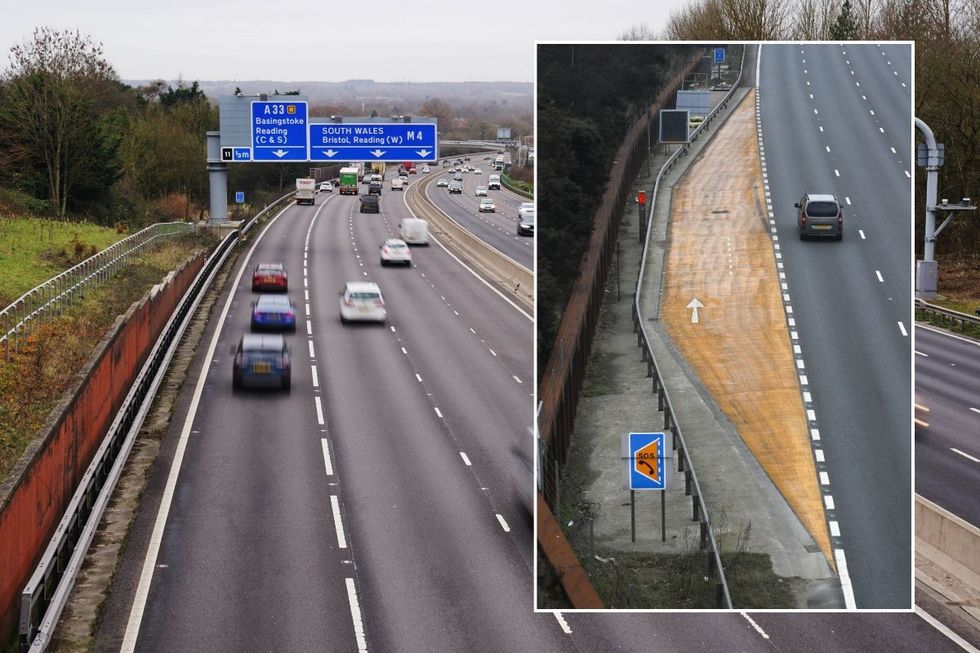
The AA has called for smart motorways to be scrapped in the interests of road safety
|PA
The 141,149 smart motorway breakdown incidents recorded in 2024 averaged 387 per day across the network.
The AA described the statistics as "a major concern", with AA president Edmund King saying: "For many drivers, fear of a collision on a smart motorway would be reinforced by witnessing a breakdown in a live lane, or frequently seeing vehicles in refuge areas."
He said the new figures suggest "the chance of that happening is increasing approaching 400 a day along 396 miles of smart motorway, even when including controlled stretches".
King added: "Equivalent to one a mile each day, that inspires more motorists to stay out of lane one, thus increasing the chance of congestion," PA reported.
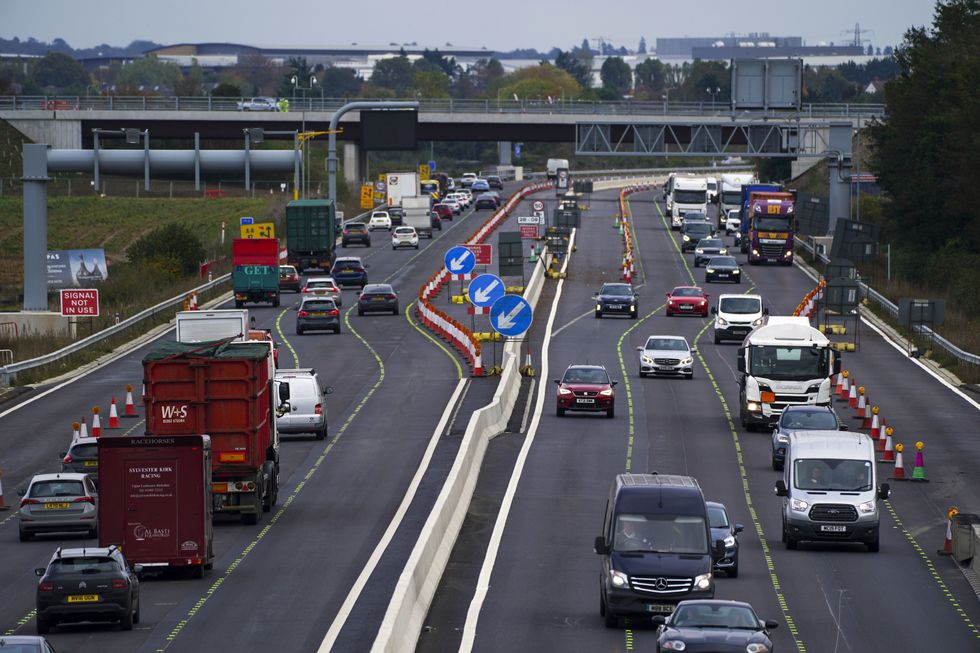
The last UK smart motorway was introduced in 2023
| PAThe motoring organisation warned that drivers avoiding the inside lane could worsen traffic flow on these already problematic stretches of motorway.
Former Prime Minister Rishi Sunak cancelled all future planned smart motorway projects in April 2023, citing financial pressures and a lack of public confidence in the roads. The decision came after years of safety concerns and public opposition to the schemes.
Some smart motorway stretches are controlled schemes, which use variable speed limits but retain a hard shoulder.
However, the breakdown statistics encompass all types of smart motorway configurations across the 396 miles of network currently in operation.
LATEST DEVELOPMENTS:
For the first time, figures published by National Highways show 251,448 breakdowns on England's motorways were logged last year. That is a rise of three per cent from the previous year and 47 per cent compared with 2014.
The AA said free breakdown recovery in roadwork areas and monitoring of smart motorways have increased the number of incidents recorded by National Highways.
It believes the length of the motorway network can be ruled out as a major factor as it has only increased by 65 miles in the past decade.
King said: "It is a major concern that we are witnessing more than a quarter of a million breakdowns a year on the motorway network and those are just the officially recorded ones. The situation does not appear to be getting any better."

Claire Mercer has accused the Government of using 'stalling tactics' in trying to remove smart motorways
| PANational Highways defended smart motorways as their safest roads despite the breakdown statistics. A National Highways spokesperson said: "Our latest analysis continues to show that overall, smart motorways remain our safest roads."
The agency highlighted improvements made to address safety concerns, stating they have "upgraded the technology to detect stopped vehicles, improved response times to live lane breakdowns and installed more than 150 additional emergency areas giving people a place to pull over if they break down".
The spokesperson added: "Unlike other roads, smart motorways have technology in place to identify stopped vehicles, including breakdowns.
"This means more breakdowns are identified on smart motorways compared to other road types, and as a result, these stats are not a reliable indicator of actual safety."






